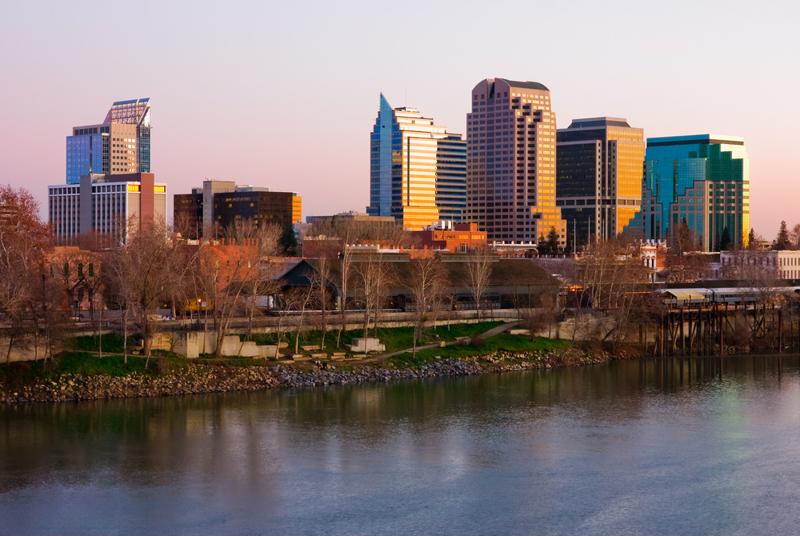- More insulation in building envelope
- Energy-efficient light bulbs
- Tankless water heaters
 California is requiring all new homes install a tankless water heater.
California is requiring all new homes install a tankless water heater.“Energy efficiency helps curb carbon emissions.”
 California is requiring all new homes install a tankless water heater.
California is requiring all new homes install a tankless water heater.“Energy efficiency helps curb carbon emissions.”
By continuing to use this website, you agree to our use of cookies. For more information, see our Privacy Statement.
